Diabetes, a significant health concern, not only affects various organs but also has a notably underappreciated impact on lung health. This aspect is often overlooked in discussions about diabetes. A study in Diabetes Care highlights this concern, revealing that individuals with Type I or Type II diabetes face increased risks for several lung conditions. They are 8% more likely to develop asthma, 22% more likely to suffer from chronic obstructive pulmonary disease (COPD), 54% more likely to experience pulmonary fibrosis, and have a nearly doubled risk of hospitalization due to pneumonia.
Diabetes: Not Just a Sugar Problem
When we talk about diabetes, the narrative often centers around blood sugar levels, heart health, and kidney function. However, recent studies shed light on a less-discussed battlefield: the lungs. Diabetes, characterized by chronic hyperglycemia, is not just a systemic disorder; it’s a catalyst for widespread inflammation and oxidative stress, leading to significant organ damage.
The Lung, An Unsuspecting Victim
Despite extensive research on diabetes-related complications in organs like the kidney and heart, the lungs have remained in the shadows. This oversight is partly due to the lung’s robust physiological reserve, masking the creeping damage. Yet, diabetic patients frequently report respiratory symptoms and are at a higher risk of pulmonary diseases. The clinical significance of lung damage in diabetes is an area ripe for exploration.
Unraveling the Diabetes-Lung Mystery
The impact of diabetes on lung function is more profound than previously thought. Hyperglycemia triggers interstitial fibrosis and alveolar capillary microangiopathy, leading to both restrictive and obstructive lung function impairments. This manifests as a reduction in vital lung capacities and lung elastic recoil, not to mention the overproduction of mucus, a common yet perilous symptom in many lung diseases.
The Molecular Underpinnings
Peering into the molecular landscape, the relationship between diabetes and lung health involves complex pathways, predominantly pro-inflammatory in nature. Key players include the receptor for advanced glycation end-products (RAGE), known to promote vascular inflammation in diabetic lungs, and interleukin 6, a biomarker indicating inflammation and metabolic dysfunction.
The Diabetes-Asthma Link
A particularly intriguing aspect is the association between diabetes and asthma. Diabetes predisposes individuals to a heightened risk of asthma. The chronic inflammation characteristic of diabetes mirrors the pathogenesis seen in asthma, suggesting an underlying connection that beckons further investigation.
Diabetes and COPD: A Troubling Alliance
In patients with Chronic Obstructive Pulmonary Disease (COPD), the presence of diabetes exacerbates their condition, leading to worse outcomes like increased hospitalization and mortality. This interplay between COPD and diabetes highlights the need for integrated care approaches.
Beyond the Surface: IPF, PH, and Lung Cancer
The story doesn’t end with asthma and COPD. Idiopathic Pulmonary Fibrosis (IPF), Pulmonary Hypertension (PH), and even lung cancer show troubling correlations with diabetes. These associations paint a picture of a complex interplay between chronic hyperglycemia and diverse lung pathologies.
A Call to Action
This intricate connection between diabetes and lung health necessitates a paradigm shift in how we approach diabetic care. It’s not enough to monitor blood sugar levels and check kidney function; lung health must be brought to the forefront of diabetic management. The lungs, often relegated to the background in diabetes care, demand our attention now more than ever.
As we continue to unravel the mysteries of diabetes, let’s not forget the silent whispers of our lungs, subtly hinting at the broader impact of this systemic disease. In understanding this overlooked connection, we stand a chance to improve not just the quality but also the longevity of life for millions battling diabetes.
To achieve this, healthcare professionals must integrate pulmonary assessments into routine diabetes care. This includes regular lung function tests, awareness of respiratory symptoms, and a multidisciplinary approach to treatment that addresses both glycemic control and pulmonary health. Such proactive measures could lead to early detection and better management of lung-related complications in diabetic patients, ultimately enhancing their overall health outcomes.



